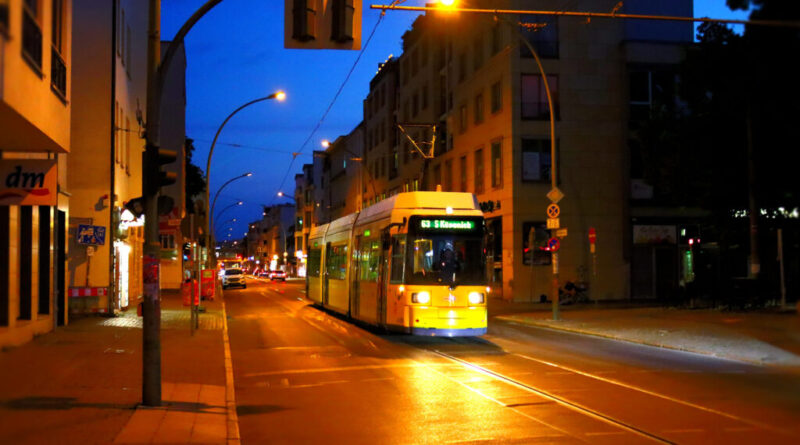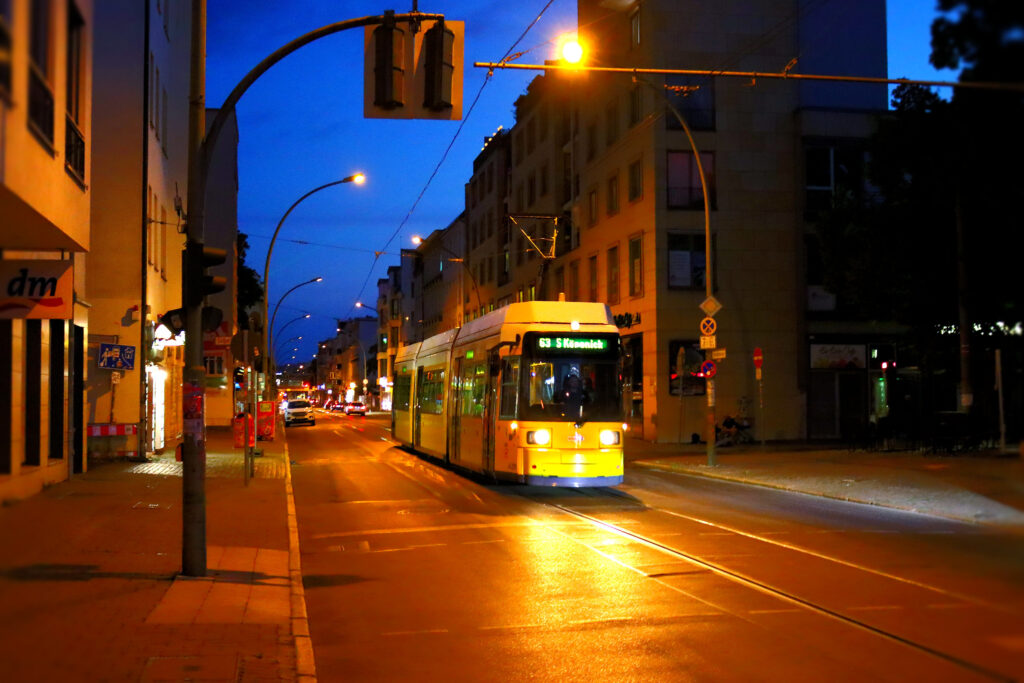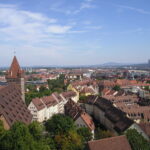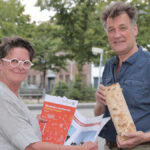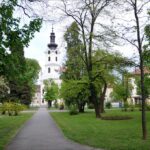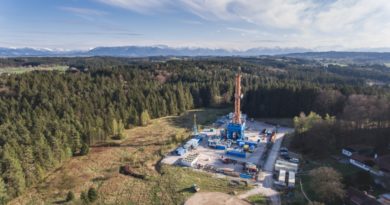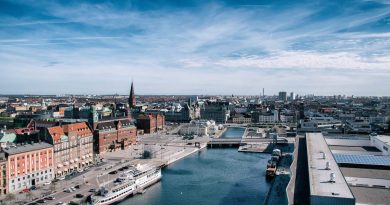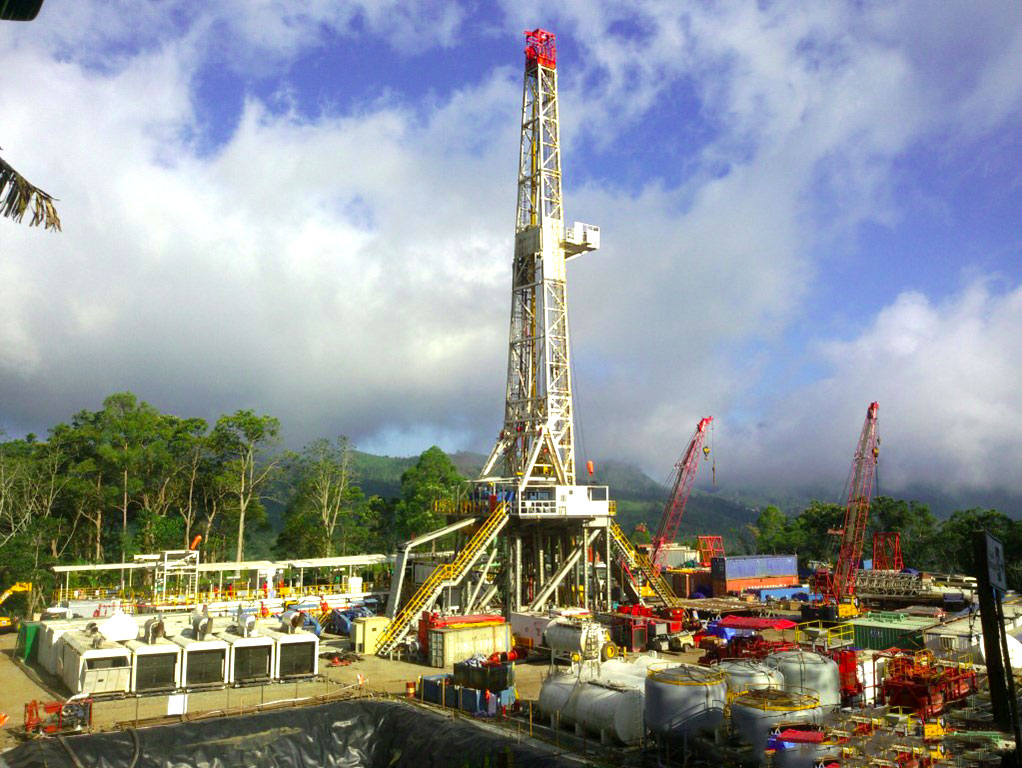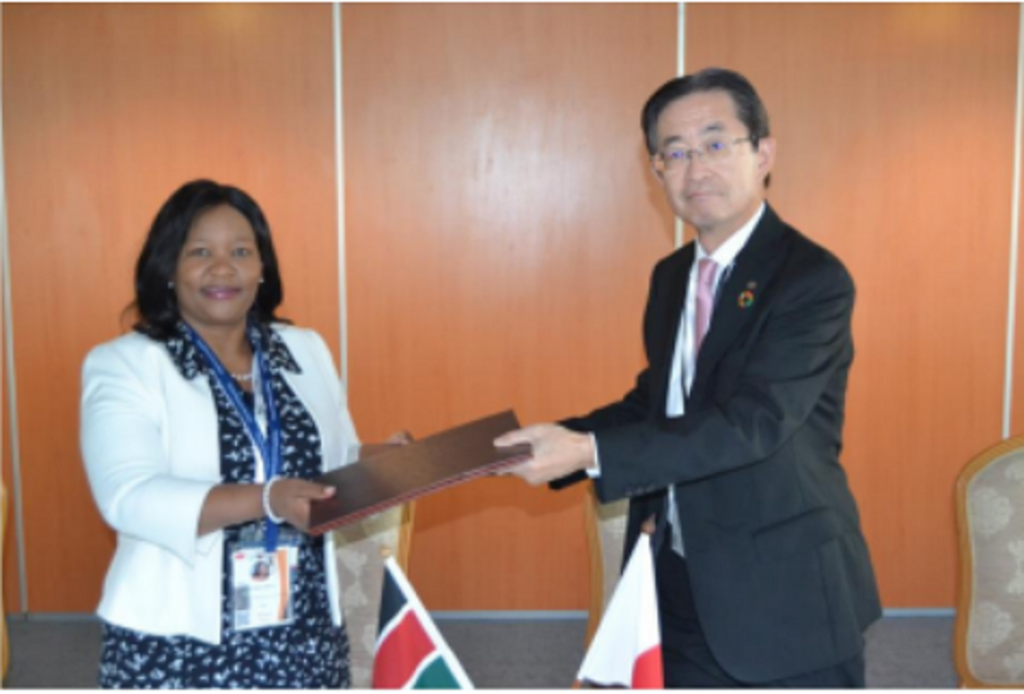Aquifer thermal storage project planned in Berlin, Germany
Energy Disrupter
An aquifer thermal storage project has been proposed to stabilize energy supply from a heat pump facility in Adlershof in Berlin, Germany.
Scientists from the Georesearch Center in Potsdam is evaluating the subsurface in the locality of Adlershof in Berlin, Germany for a proposed aquifer thermal storage project. Test drilling has so far been done to a depth of 450 meters, accessing sandstone suitable for water storage.
The thermal storage project will complement a heat pump facility being run by district heating provide BTB in the area of Schöneweide. The heat pumps draw water from the Spree river, extracting the heat and feeding it into the Berlin district heating network. However, the system generates too much energy in the summer and too little in the winter.
If successful, aquifer thermal storage can store the excess energy during summer and make it available during winter. The water is kept warm at hundreds of meters underground, although certain types of rock are needed for such a system to work.
“[They] are essential in order to be able to implement the heat transition. So that the system can function stably,” commented Dr Sven Fuchs from GFZ Potsdam.
It will still take a few years before the thermal storage facility in Adlershof is finished. Its capacity will also be limited for the meantime – it can storage enough energy to supply around 3000 households over a winter season. To expand this capacity, BTB Managing Director David Weiblein said that several exploratory drilling campaigns will be needed across Berlin. This carries the risk of failure, so support from the state of Berlin in the form of funding or other financial incentives will be necessary.
When the Adlershof aquifer thermal storage facility is completed, it will be the largest project of its kind in Berlin. Currently, there is a local geothermal energy storage facility under the Bundestag.
Stephanie Dedeyne, Project Manager at BTB, is hoping for faster approvals and less bureaucracy for the project. According to Stephanie, it will still take at least four years for the facility to be developed, and although she looks forward to its completion and launching, the process of getting there will “probably be a rocky road.”
Plans for large-scale geothermal district heating had previously been announced in Berlin, initially with three exploratory drilling sites. The plan has since been expanded with nine additional exploratory boreholes and a 3D seismic survey to cover the entire city area.
Source: RBB 24

